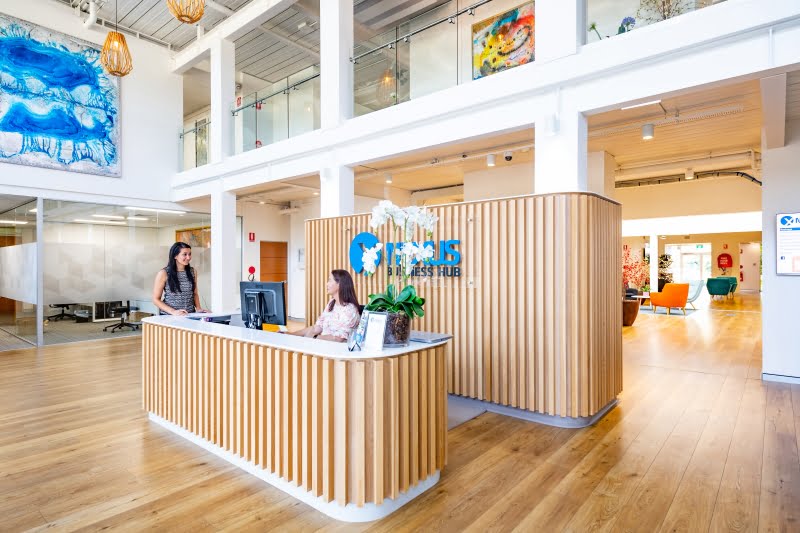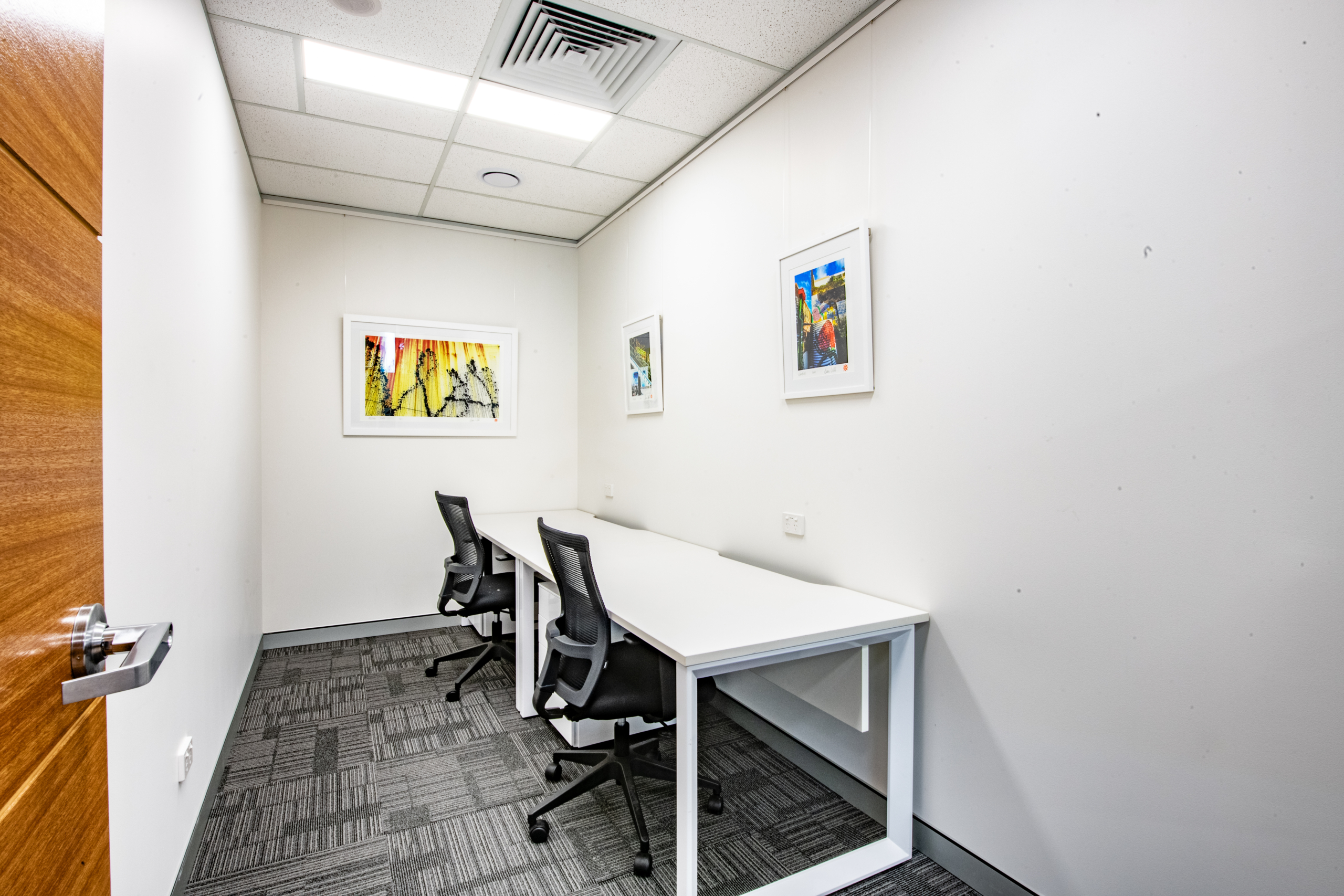
As any successful start-up operator will tell you, one of the absolute hardest moments is in the transition from home project to office space. An office space means extra legitimacy as an enterprise, potentially better access to CBD contacts, better infrastructure, and more room for employees.
And then there’s the downside. Renting an office means paying rent, equipment fees, cleaning, installation, and a bunch more other smaller tasks. You better be prepared and ready for the transition, so let’s go through some of the things you’ll need, and some things to prepare for the move.
Don’t rush
There comes an inevitable time during the life of a business where home functions won’t cut it anymore. However, it’s very unlikely that the transition will need to be immediate.
The most important thing is to consider every option entirely in both a short and long term sense. If you’ve reached a point where you physically can’t conduct business from your home anymore, then you’ve already come to the table months later than you should have.
As soon as you feel the strain of expansion eating away at your workspace, you should immediately look into a variety of things: chiefly your business finances, the availability of office space near you, and a cost-benefit analysis of your situation.
After all, you’re going to need to consider rent, Internet, furniture, location, space, storage, accessibility, and a whole host of other things before you even think of signing a lease. Plan systematically and plan well ahead so that you don’t end up overtaxing your current setup.
Make a list
Spend a week, whenever you have free time, thinking of the pros and cons of your business in both a home and office scenario. This can be as future-building as ‘more room for growth’, or as specific as ‘we don’t have enough room in the garage for file storage’.
A few common pros and cons to get you started include:
PROS:
- You’ll immediately appear more professional to prospective clients.
- You’ll be able to communicate with your co-workers or staff directly and in person.
- You won’t be distracted, have the urge to sleep in, or go off for leisure activities.
CONS:
- You’ll lose more of the day in travel time.
- Rent is expensive, let alone filling your office with the things you’ll need for business.
- Some people work better in isolation rather than in a shared space.
Keep working on the list for as long as you need to, or until you’ve filled it out. If there’s a clear winner for your own situation, follow it, and immediately begin addressing and minimising the inherent cons (for example, looking for a place nearby to cut down on commute).
Budget for the worst
When you’re first starting out in an office space, you should always keep a budget (or at minimum a contingency) that assumes the highest cost for each expense. Unless you’re truly swimming in funds, there are a ton of potential issues that might pop up for you in the short or long term which may be a drain on finances.
For example, you might budget in only a small amount for business Internet, reasoning that you don’t do a large amount of e-commerce. However, it turns out a month or so into your lease that you’ll need to do some pretty extensive video conferencing, or upload large files or video footage for an international client who can’t just physically pick them up.
By skimping on Internet, you’ve effectively hamstrung yourself, and will have to now pay an additional cost that you might be unprepared for. Even worse, if you haven’t had the forethought for this, there might not be a stable enough high quality NBN line available, and you could be stuck uploading files in literal days that should be taking you minutes.
This applies to every facet of small business, and there have been countless enterprises sunk due to under-budgeting and assuming the best possible outcome. Keep a high and low range, and conduct a risk assessment on any outliers that aren’t already set in stone.
Look for non-traditional options
If you only have one or two employees, doubly so if they’re your co-founders, then weigh up if you even need to lease an entire office. There are plenty of office sharing spaces, rent-a-desk, and other small business solutions to consider.
If your main reasoning for moving to an office is to conduct meetings, you don’t require a storefront or other public facing space, and your timetable is largely flexible, you might even be able to remain at home and rent a conference room or other meeting space, saving you a lot of valuable money.
Pursuing these options can do one of two things: firstly, it can help you reconsider what you need and can afford rather than what you desire, and secondly it can be a viable stalling tactic while you wait for the correct space to produce itself.
It’s important to consider what your business needs in terms of long term versus short term space that is within your budget and beneficial to your work. Some types of services, like accounting and advisors, may think they need a permanent space, when in fact having the option of renting a desk month to month can bring down the costs and allow them to have a flexible schedule. A traditional office space lease is usually two to three years, which can be an annoyance if the business needs to break the lease due to relocation or further expansion.
Investing in a short term office can increase productivity and employee retention, which is important to remember in any type of service or industry if you want your business to grow and succeed. A space like NexusHub has flexible month-to-month renting arrangements, providing big business benefits for small business with scalable office space and amazing facilities such as:
- Exclusive concierge service
- Multi-million dollar fit-out. Beautifully designed work spaces and break spaces
- Complimentary gym
- Business Class Lounge with fresh fruit, cereal, tea coffee and refreshments
- State of the Art technology and the fastest broadband internet on the Central Coast
- Robust ICT infrastructure
- A high level of professional presentation
- An ability to provide a first class office facilities and amenities to impress clients and attract the best team members
- Child care facilities directly opposite the premise
All of these incentives are bound to keep your employees around for longer.
If you’re stuck looking for space where none is available, or you need the room while not having the funds, it’s a lot safer and a lot more convenient to pursue temporary renting solutions rather than gamble on a large office space with the future’s funding.





